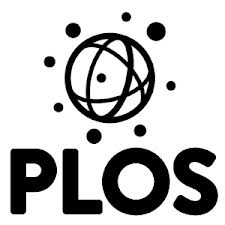 Authors: Christine Årdal, John-Arne Røttingen
Authors: Christine Årdal, John-Arne Røttingen
Abstract: Greater investment is required in developing new drugs and vaccines against malaria in order to eradicate malaria. These precious funds must be carefully managed to achieve the greatest impact. We evaluate existing efforts to discover and develop new drugs and vaccines for malaria to determine how best malaria R&D can benefit from an enhanced open source approach and how such a business model may operate. We assess research articles, patents, clinical trials and conducted a smaller survey among malaria researchers. Our results demonstrate that the public and philanthropic sectors are financing and performing the majority of malaria drug/vaccine discovery and development, but are then restricting access through patents, ‘closed’ publications and hidden away physical specimens. This makes little sense since it is also the public and philanthropic sector that purchases the drugs and vaccines.
We recommend that a more “open source” approach is taken by making the entire value chain more efficient through greater transparency which may lead to more extensive collaborations. This can, for example, be achieved by empowering an existing organization like the Medicines for Malaria Venture (MMV) to act as a clearing house for malaria-related data. The malaria researchers that we surveyed indicated that they would utilize such registry data to increase collaboration.
Finally, we question the utility of publicly or philanthropically funded patents for malaria medicines, where little to no profits are available. Malaria R&D benefits from a publicly and philanthropically funded architecture, which starts with academic research institutions, product development partnerships, commercialization assistance through UNITAID and finally procurement through mechanisms like The Global Fund to Fight AIDS, Tuberculosis and Malaria and the U.S.’ President’s Malaria Initiative. We believe that a fresh look should be taken at the cost/benefit of patents particularly related to new malaria medicines and consider alternative incentives, like WHO prequalification.
Citation: Årdal C, Røttingen J-A (2015) An Open Source Business Model for Malaria. PLoS ONE 10(2): e0117150. doi:10.1371/journal.pone.0117150
Full Text a PLoS ONE: http://journals.plos.org/plosone/article?id=10.1371/journal.pone.0117150




